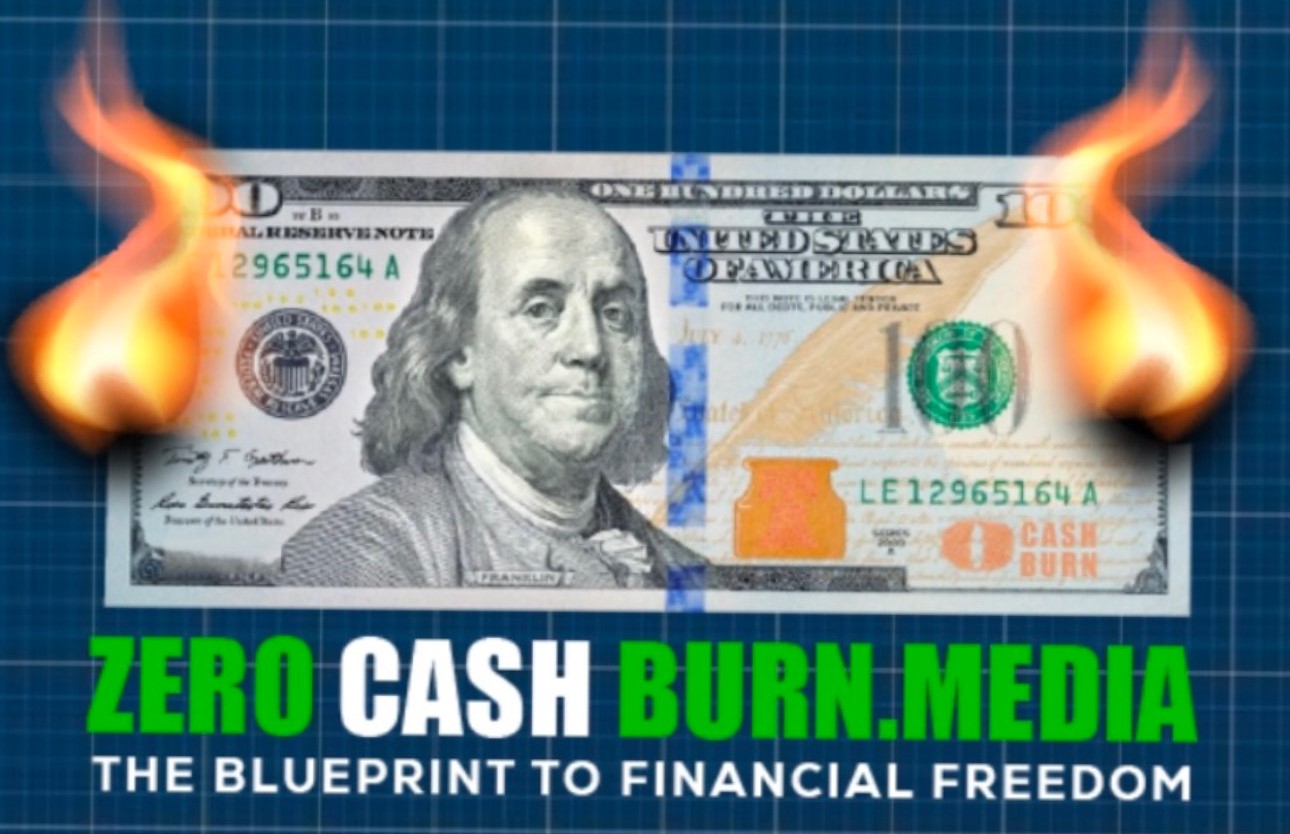- Trump’s tariffs impact global markets, causing $5 trillion loss in S&P 500 value
- Countries like Australia, Britain and Saudi Arabia face immediate 10% tariff
- Exemptions include crude oil, pharmaceuticals and semiconductors
- China says ‘market has spoken’ on Trump tariffs
WASHINGTON/JUPITER, Florida, April 5 (Reuters) – U.S. customs agents began collecting President Donald Trump’s unilateral 10% tariff on all imports from many countries on Saturday, with higher levies on goods from 57 larger trading partners due to start next week.
The initial 10% “baseline” tariff paid by U.S. importers took effect at U.S. seaports, airports and customs warehouses at 12:01 a.m. ET (0401 GMT), ushering in Trump’s full rejection of the post-World War Two system of mutually agreed tariff rates.
“This is the single biggest trade action of our lifetime,” said Kelly Ann Shaw, a trade lawyer at Hogan Lovells and former White House trade adviser during Trump’s first term.
Shaw told a Brookings Institution event on Thursday that she expected the tariffs to evolve over time as countries seek to negotiate lower rates. “This is a pretty seismic and significant shift in the way that we trade with every country on earth,” she added.
Trump’s Wednesday tariff announcement shook global stock markets, wiping out $5 trillion in value for S&P 500 index (.SPX), opens new tab companies by Friday’s close, a record two-day decline. Driven by recession fears, prices for oil and commodities plunged, while investors fled to the safety of government bonds.
Discover more from Zero Cash Burn TV
Subscribe to get the latest posts sent to your email.



